Coral reefs are one of the most important ecosystems on Earth. They provide a home for 25% of all marine life and support the livelihoods of 500 million people. But coral reefs are dying at an alarming rate. Overfishing, pollution, climate change, and other human activities are taking a heavy toll on these vital ecosystems.
Why Are Coral Reefs Dying
Coral reefs around the world are dying at an alarming rate. Scientists believe that there are a number of reasons why this is happening, including climate change, pollution, and overfishing.
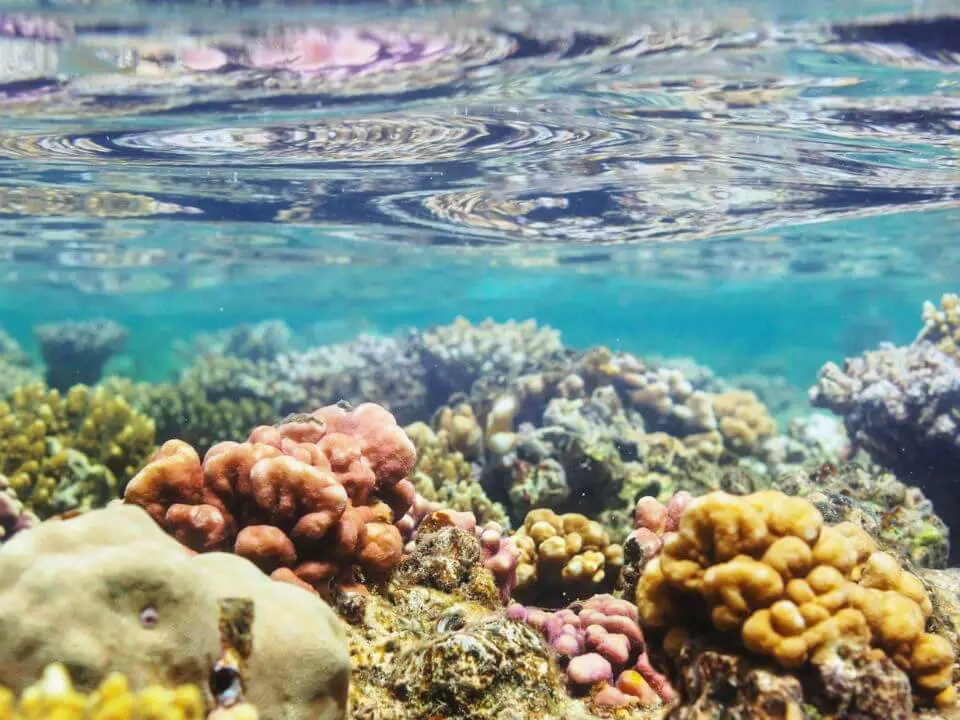
1. Climate Change
Rising ocean temperatures and acidification are bleaching coral reefs, causing them to turn white and eventually die. When water temperatures get too high, the algae that live in coral reefs start to die. This causes the coral to turn white and eventually die.As coral reefs die, the fish that depend on them for food and shelter also disappear. This is a major problem because coral reefs provide critical habitat for 25% of all marine life.
Climate change is not the only threat to coral reef health; overfishing, pollution, and coastal development also contribute to reef decline. However, climate change is by far the most serious threat facing corals today. In order to save these vital ecosystems, we need to dramatically reduce our greenhouse gas emissions as soon as possible.
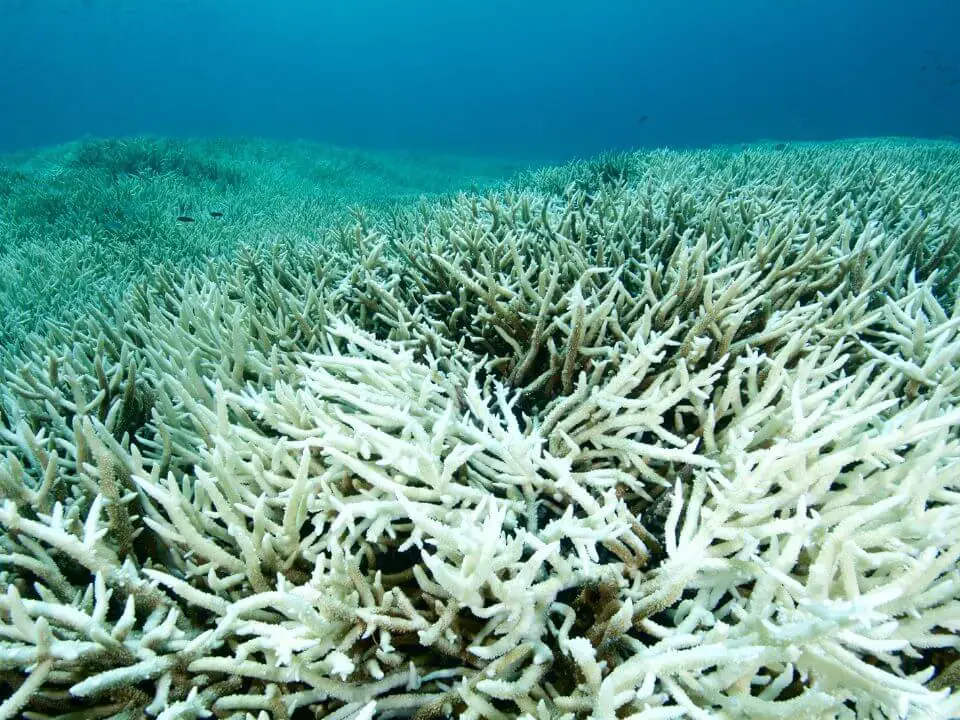
2. Pollution
Pollution comes from many sources, including sewage, agricultural runoff, and industrial waste. This pollution is causing the coral to bleached and die. Pollution from things like sewage and chemicals can also damage coral reefs. The pollutants can cause disease and kill off marine life. Pollutants like sewage, agricultural runoff, and oil spills poison the water and damage the delicate coral reef ecosystem. The loss of coral reefs will have a devastating impact on the marine ecosystem. Coral reefs provide habitat for fish and other marine life. They also protect coastlines from storms and erosion. The loss of coral reefs will have a negative impact on the economy as well as the environment.
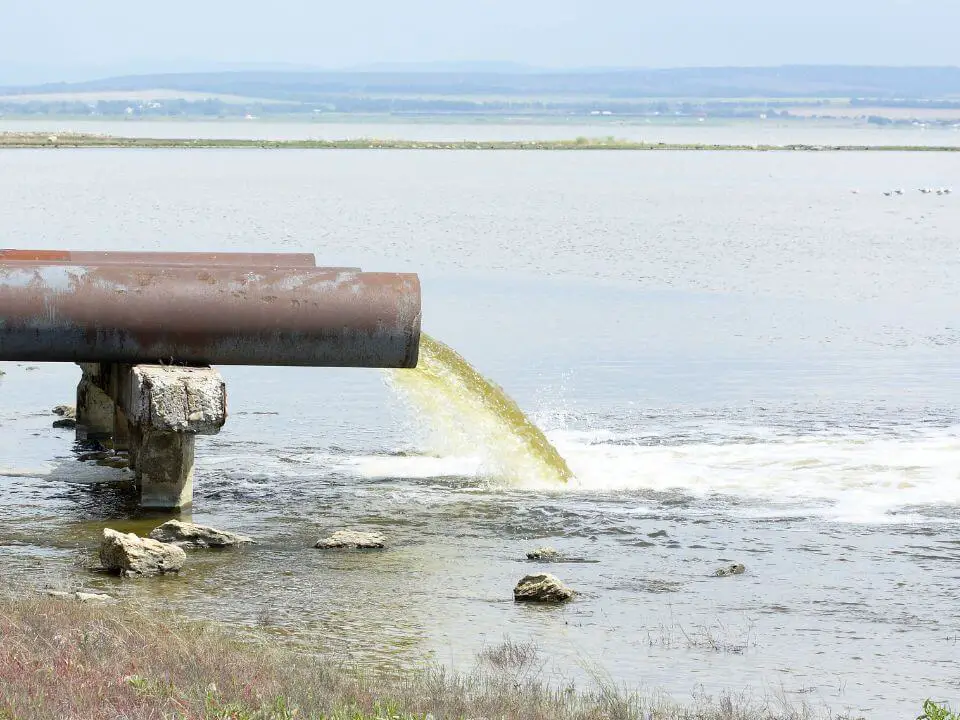
3. Overfishing
Coral reefs are dying due to overfishing. There are many reasons for this, but the most important one is that overfishing leads to a loss of biodiversity. Overfishing can also damage reef systems by destroying habitats and removing key species from the ecosystem.
Coral reefs provide a home for 25% of all marine life, including fish, mollusks, and crustaceans. But they are being destroyed at an alarming rate. According to the World Wildlife Fund, coral reefs have declined by 50% since 1970. The main cause of this decline is overfishing.
Overfishing occurs when fishermen catch more fish than the population can replace through natural reproduction. This can happen for several reasons: fisherman may use too much fishing gear; they may target juvenile fish; or they may catch endangered species accidentally while trying to catch other fish. Whatever the reason, overfishing has devastating consequences for coral reefs .
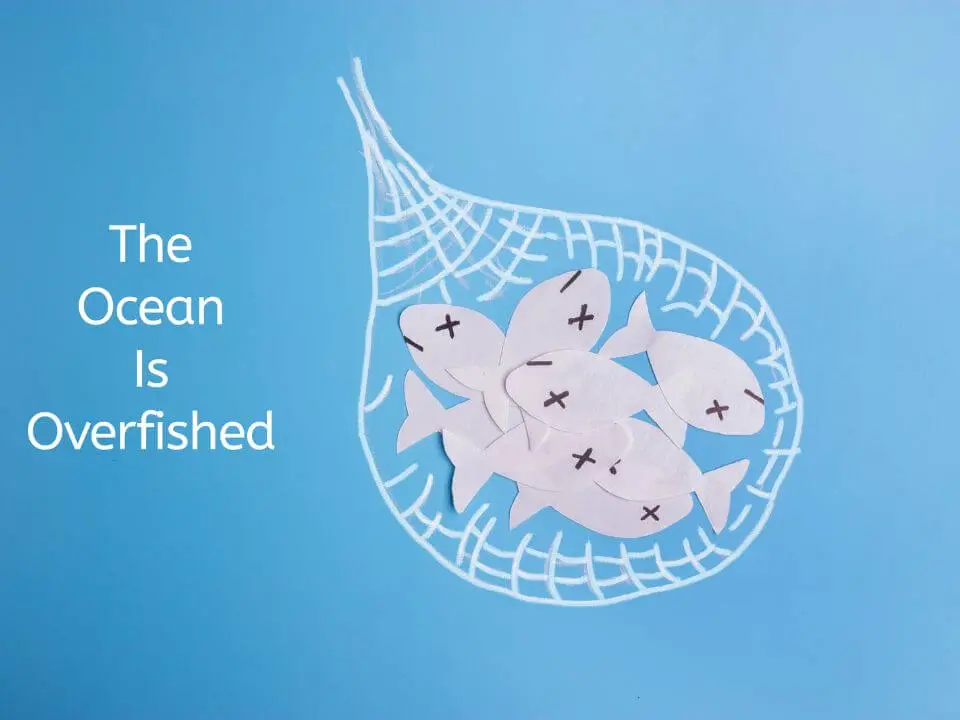
Not only does it lead to a loss in biodiversity , but it also disrupts the delicate balance between predator and prey. When there are fewer predators (like sharks), herbivorous fish have nothing stopping them from eating all the algae on the reef. This causes problems because algae is essential for healthy coral growth . Without it , corals begin to starve and die. In addition, dead corals provide no habitat or food for other animals so their death creates a domino effect throughout entire reef ecosystems.
🔬 Subscribe to SciMail
Get the latest science discoveries straight to your inbox!
How much coral reefs are left – How many coral reefs die each year
It is estimated that between 20 to 30 percent of all coral reefs have already been lost and that another 60 percent could be gone by 2030.
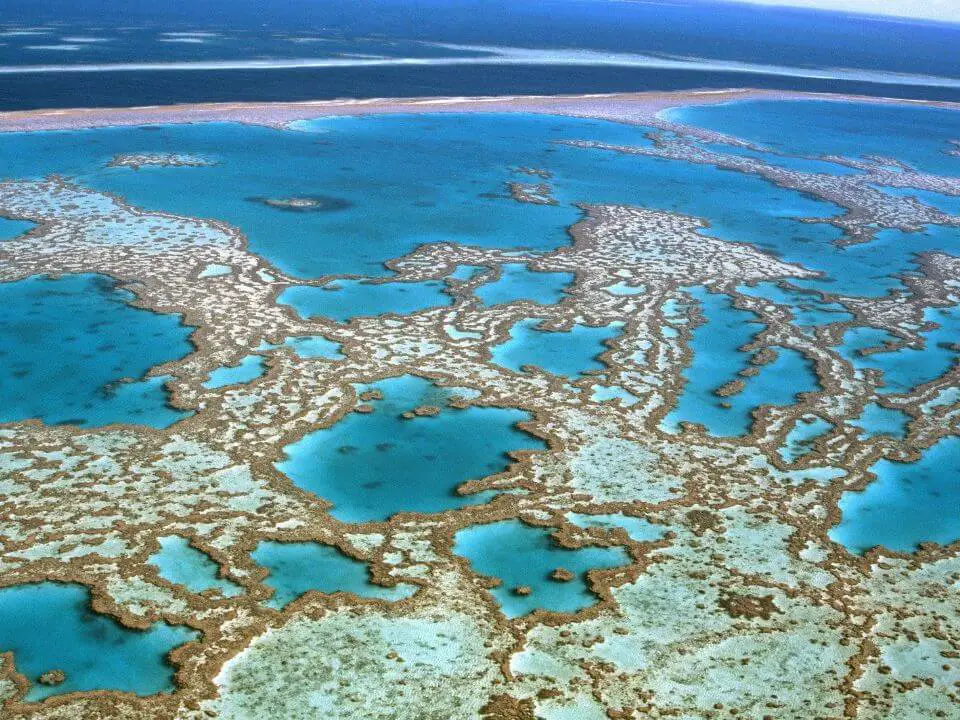
Effects Of Coral Reefs Dying
The loss of coral reef ecosystems would be devastating not just for the millions of species that depend on them but also for the people who rely on them for food and livelihoods. Coral reef tourism generates billions of dollars each year and supports the economies of many coastal communities worldwide
Why Are Coral Reefs Important
Coral reefs play a vital role in the health of our oceans.
- They provide critical habitat for a wide variety of marine life, including fish, invertebrates, and algae.
- Coral reefs also help to protect coastlines from erosion and storm damage.
- In addition, coral reefs are an important source of food and income for many people who live near them.
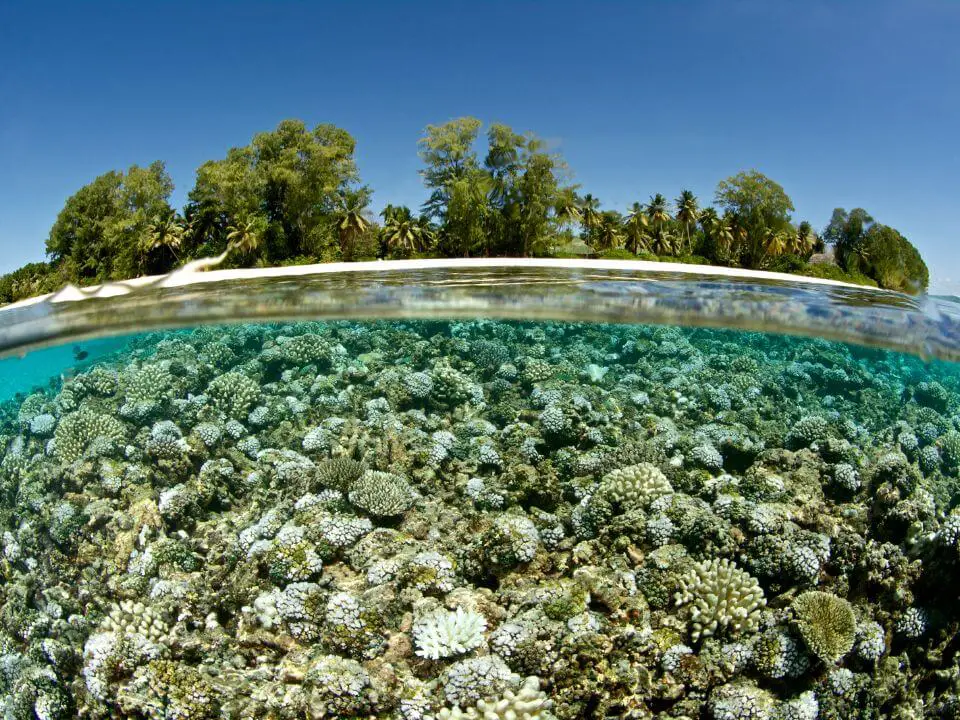
There are many reasons why coral reefs are important to us and the planet as a whole. Coral reef ecosystems provide valuable services that benefit both people and wildlife. We must work together to protect these essential habitats so that we can continue to enjoy their benefits for generations to come.
If we don’t take action to protect coral reefs, they will continue to decline in both health and numbers. This would be a devastating loss not only for the creatures that rely on them for survival, but also for humans who depend on them for food, income, and coastal protection from storms. We must work together to save these essential habitats before it’s too late.
How To Save Coral Reefs

There are many ways to help prevent further damage to coral reefs. Reducing pollution and slowing climate change will be vital in preserving these fragile ecosystems
- Individuals can do their part by conserving water, using less energy, properly disposing of hazardous materials, and recycling.
- Governments need to enact policies to regulate polluting industries, and provide financial incentives for businesses to adopt green practices.
- Nonprofit organizations are working hard to raise awareness about this issue and lobby for change. But we all need do our part if we want save these vital ecosystems.

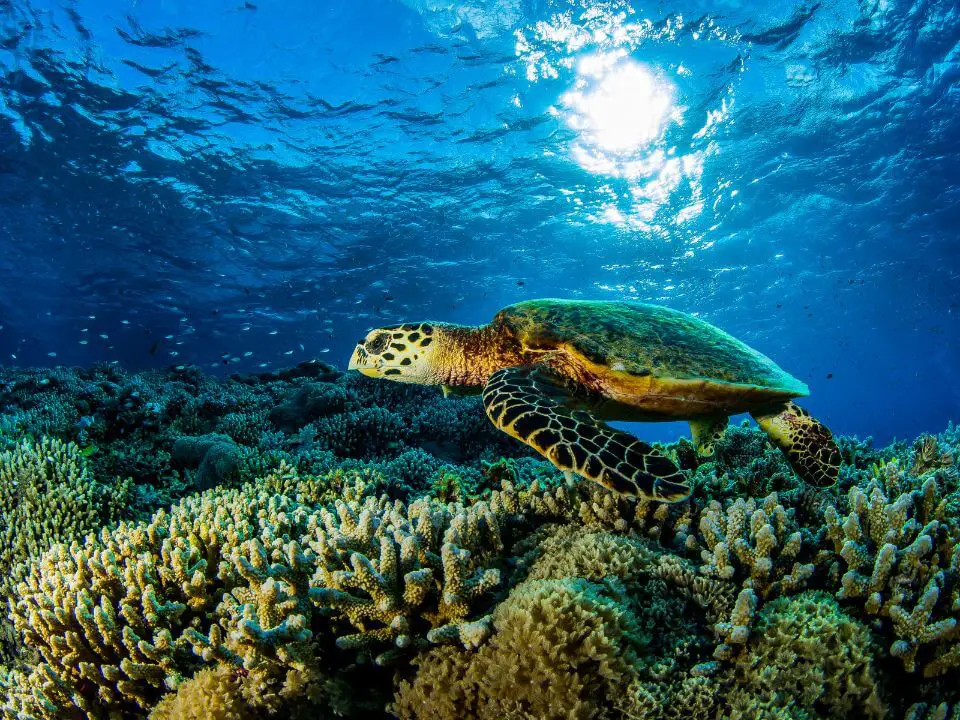
Leave a Reply